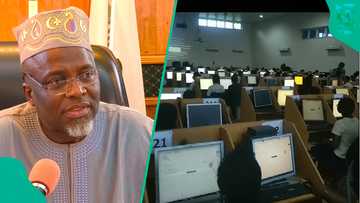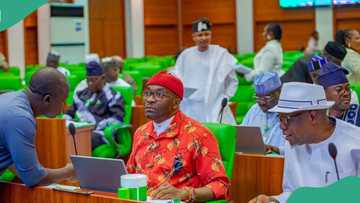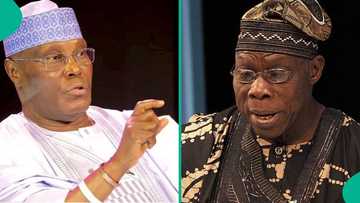Nigerians Reject Reps' Move to Make Voting Compulsory or Face 6-Month Imprisonment for Defaulters
- A bill to amend the Electoral Act 2022 proposed compulsory voting for Nigerians, with fines or six-month jail terms for non-compliance
- Legal experts and civil society groups reacting, argued that the bill is unconstitutional and advocate voter education over criminalising abstention
- Some citizens support compulsory voting to boost turnout, but many see it as oppressive, urging leaders to focus on accountability and security
FCT, Abuja - A bill proposed in the House of Representatives to amend the Electoral Act 2022, making voting compulsory for all eligible Nigerians under threat of six-month imprisonment or a fine, has been met with strong opposition from lawyers, civil society organisations, and citizens.
The bill, jointly sponsored by Speaker Abbas Tajudeen and Daniel Asama Ago, proposes jail time or fines for registered voters who fail to vote in national, state, and local elections.
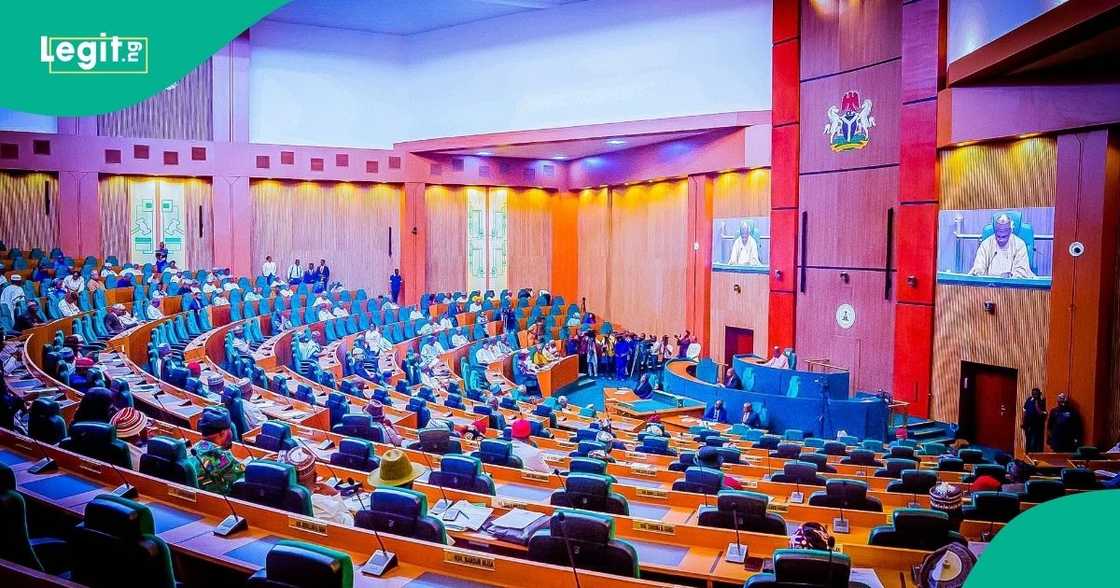
Source: Twitter
Nigerians describe bill as misdirected and unconstitutional
Tunde Akinyemi, a Lagos-based civil rights lawyer, called the bill “draconian” and urged the government to address electoral violence, rigging, and insecurity first before enforcing compulsory voting, as reported by Daily Trust.
Many Nigerians shared similar sentiments. Hajiya Rabi Abdullahi, a teacher from Nasarawa, highlighted safety concerns as a reason for voter apathy, while unemployed graduate Chukwuemeka Obi criticised the bill as dictatorial.
An elder from Maiduguri, Bulama Gubio, noted that ongoing insurgency and displacement make compulsory voting unrealistic.
Legal experts warn against criminalising voter abstention
Senior advocates of Nigeria (SANs) also denounced the bill.
Specifically, Professor Paul Ananaba stated that voting is a civic responsibility, not a compulsory act, and criminalising abstention violates individual rights.
“Voting is a civic responsibility; if you want, you can vote, if you don’t, you can stay in your house; compelling people to vote is a violation of their rights,” he said.
For Etigwe Uwa (SAN), said it is laudable as a civic duty for citizens to vote in an election, but making it a criminal offence needs to be looked at very well.
“What they should have done is to say that if you vote, you can get this, and if you don’t, you don’t, and you may not be able to apply for certain things.”
Kehinde Eleja (SAN) called the proposal “misdirected attention,” emphasising that efforts should focus on voter education rather than punishment.
Civil society groups call for voter education instead
Civil society organisations such as CISLAC and Yiaga Africa urged lawmakers to invest in voter education instead of threats. Auwal Musa Rafsanjani of CISLAC described the bill as “ridiculous” and “impractical” given Nigeria’s enforcement challenges.
Samson Itodo of Yiaga Africa acknowledged potential benefits of compulsory voting, like increased turnout, but warned of negative repercussions.
Mixed views as some Nigerians support compulsory voting
Some citizens, like Tertsea Benga from Benue, argue that compulsory voting could improve turnout and accountability.
Political analyst Bassey Isangedighi echoed this, saying it would encourage citizens to discharge their civic duties.
Bassey Okon, a student activist in Calabar, said,
“This bill is oppressive. Instead of blaming poor turnout on citizens, lawmakers should look inwards. Maybe if they were more accountable and transparent, people would actually want to vote.”
On his part, Aminu Naganye, a Kano-based journalist, said,
“The law doesn’t make any sense to me since democracy is all about freedom, and the moment you say something is compulsory, you have tampered with the basic democratic provisions.”
PDP Chieftain rejects mandatory voting bill
A chieftain of the Peoples Democratic Party (PDP), David Itopa, has criticised the proposed bill mandating compulsory voting in Nigeria, describing it as “out of touch with reality.”
Speaking with Legit.ng on Sunday, May 17, Itopa said:
“You cannot criminalise voter apathy when the people have gained little or nothing from democracy. Nigerians are disillusioned, not disobedient. If democracy has failed to deliver basic welfare, security, and trust, forcing citizens to the polls is not just unjust — it’s absurd.”
He added that true electoral participation can only be achieved by restoring public confidence through good governance, not by threats of jail or fines.
Bill’s provisions and amendments
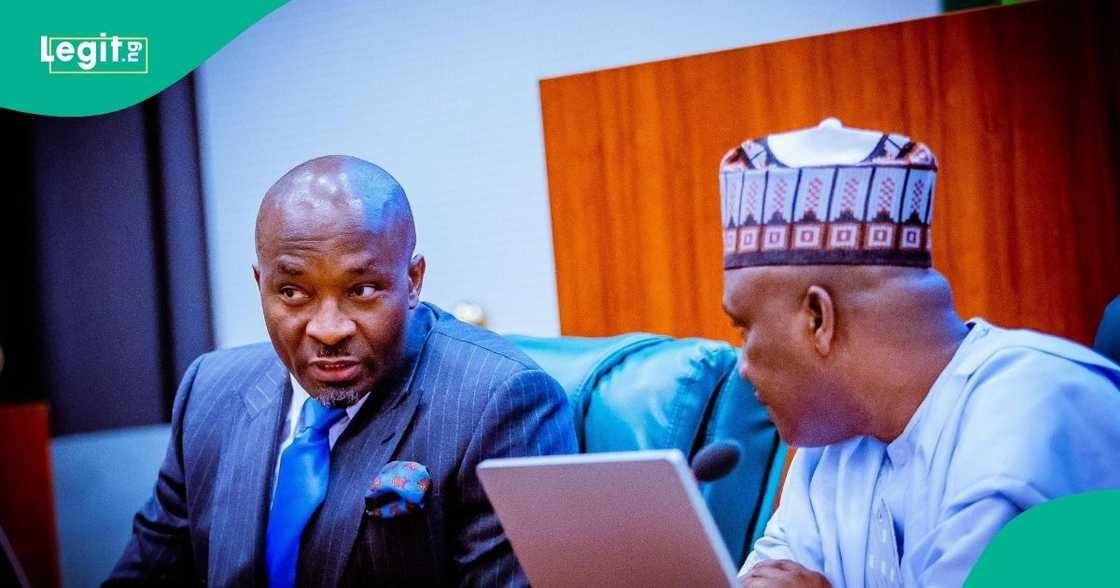
Source: Twitter
The bill seeks to amend Sections 9, 10, 12, and 47 of the Electoral Act 2022 to mandate continuous voter registration and require all registered voters aged 18 and above to vote in all elections, Vanguard reported.
Those who refuse would face fines up to N100,000 or imprisonment for up to six months.
The bill’s explanatory memorandum states that voter turnout is “abysmally low” and demands parliamentary action to remedy the apathy. It aims to make voter participation a legal obligation rather than a voluntary act.
House of Reps rejects bill on potational presidency
The House of Representatives sitting in Abuja has rejected a bill on rotational presidency among six geopolitical zones.
The lawmakers rejected a constitutional amendment bill seeking to rotate the office of the president and vice president among the six geopolitics zones.
Source: Legit.ng



